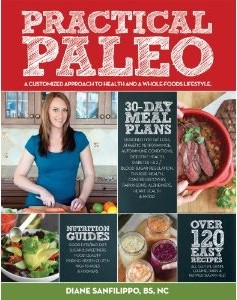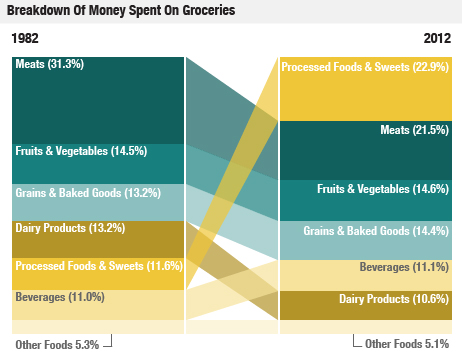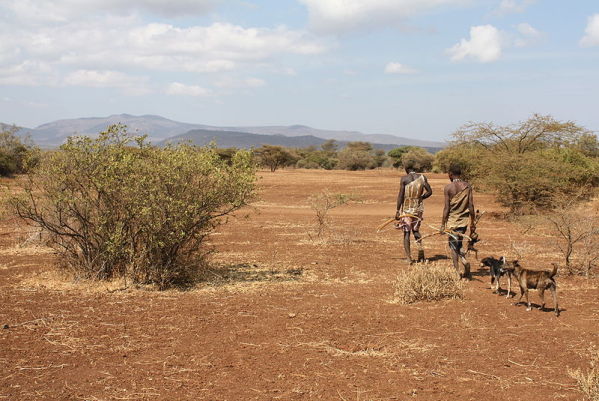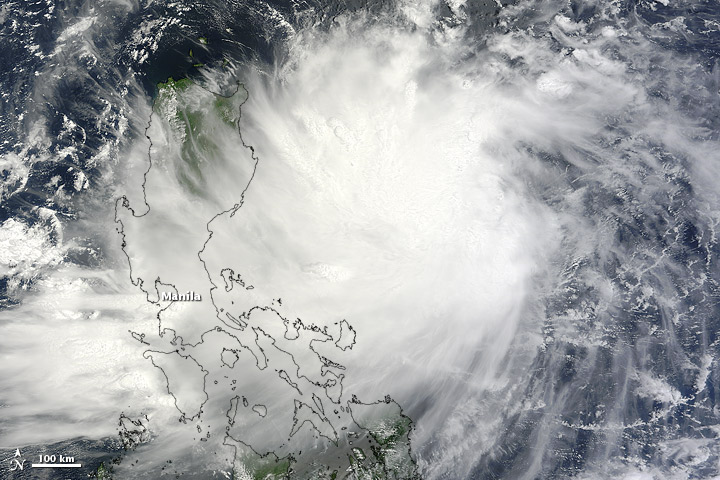Cognitive decline in obesity
 Friday, August 24, 2012 at 04:56PM
Friday, August 24, 2012 at 04:56PM Obesity (a BMI of 30 or more) increases problems with memory and thinking, a condition also known as cognitive decline. Pauline Anderson, writing for Medscape Neurology MedPulseNews, notes:
It has been known for some time that obese patients face relatively fast cognitive decline, but recent research has suggested that if such patients are metabolically healthy, either naturally or through the use of medications, they may escape some adverse health effects…
However, a new study published in the August 21 issue of Neurology shows otherwise. While cognitive decline occurs faster in those with metabolic abnormalities such as high blood pressure or high cholesterol, the decline in cognitive function 10 years following baseline assessments were similar in the metabolically normal and abnormal groups. Anderson quotes study author Dr. Archana Singh-Manoux:
We know that lower BMI is protective; that if your BMI is under 25, you have the slowest cognitive decline. So lower BMI is a good idea, but this notion that you can have a high BMI, and if your metabolic health is good, you'd be okay doesn't seem to be supported in our paper.
Related Posts
 BMI,
BMI,  Dr. Archana Singh-Manoux,
Dr. Archana Singh-Manoux,  Pauline Anderson,
Pauline Anderson,  memory,
memory,  thinking,
thinking,  weight loss in
weight loss in  Obesity
Obesity 







